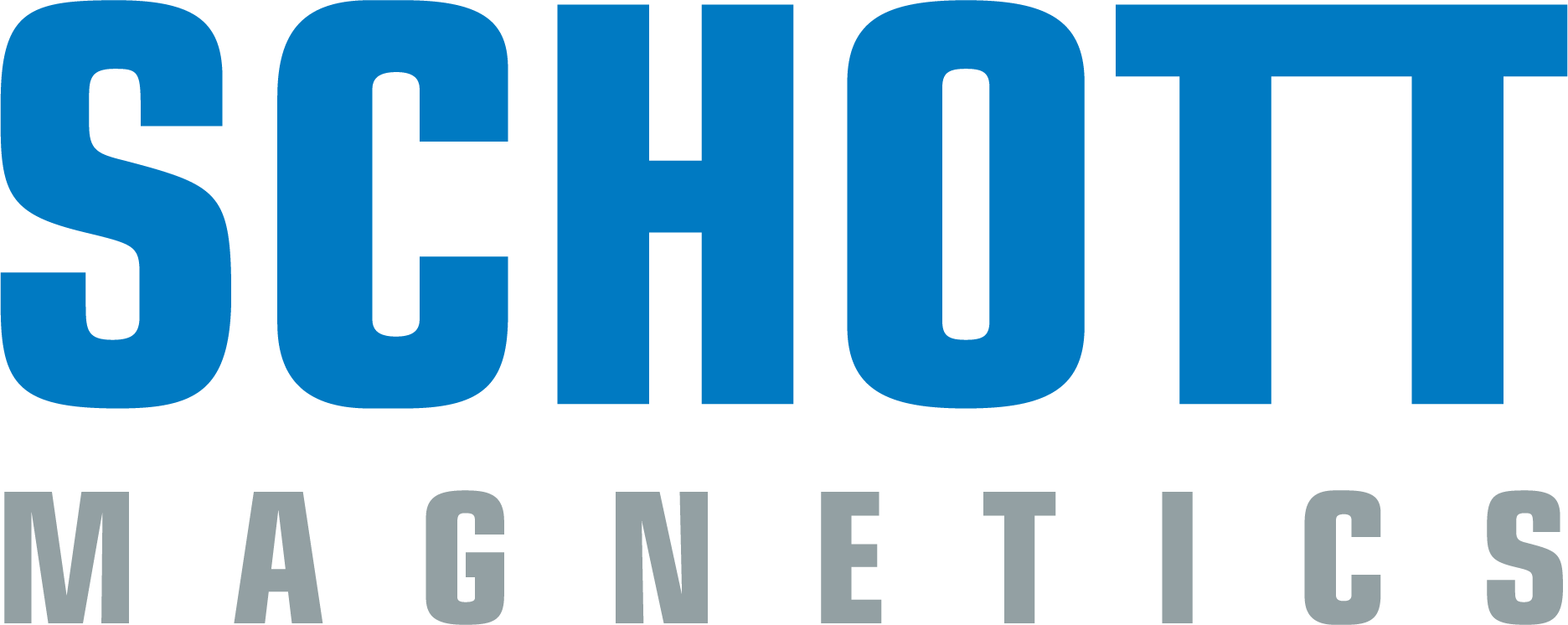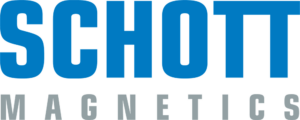Companies that need rapid development, prototyping, and production of magnetics and electronics must scale their manufacturing and face increased costs. It’s essential to find a trustworthy manufacturing partner specializing in this type of production and offering quick turnaround flexibility for any size job.
Many businesses turn to nearshoring, offshoring, or outsourcing magnetics and electronics manufacturing. But how do you know which is right for your company?
This guide will explain the difference between nearshoring vs. offshoring vs. outsourcing, and the pros and cons of each, so you know what kind of manufacturing partner you need for your business.
What Is Nearshoring?
Nearshoring is when a company manufactures products in a nearby country. With nearshoring, a company can enjoy another country’s labor discounts while keeping production nearby. For example, a US company with a production facility in Mexico would be considered nearshoring.
Pros and Cons of Nearshoring
Here’s a table of some quick pros and cons of nearshoring. We’ll go into more detail below.
| Pros of Nearshoring | Cons of Nearshoring |
| Location | Potential for political unrest |
| Easier communication | Possible economic instability |
| Shared time zone | Difficulty choosing the right partner |
| Similar culture | |
| Favorable trade agreements | |
| Lower labor costs |
Benefits of Nearshore Electromagnetic Production
Location is one of the most significant advantages of nearshoring. For example, Mexico’s proximity to the US border allows easy access to inspect factories on site. You can tour a facility and return to the US on the same day.
Shared Time Zones
Communication is easier for both parties with the same or similar time zones. If something goes wrong with the production company, your business can be alerted immediately instead of potentially waking up to the news like you would with offshore production.
Communication
A production partner that understands and speaks your language makes communication easier. You can quickly and clearly negotiate with the manufacturer without worrying about technical details getting lost in translation.
Similar Cultures
Cultural factors are essential when partnering with a manufacturer because only some people share the same working culture as the United States. For example, in French office work culture, lunch breaks can last up to two hours with wine or beer in office cafeterias. While this is an extreme example, it shows how different work cultures can be depending on location.
A nearshore partner in Mexico is likelier to have a work culture similar to the United States.
Lower Costs
Nearshoring partners will have lower labor costs than in the US. For example, a Mexican production worker’s annual salary is less than 5,000 US dollars. Compare this to a US production worker’s estimated salary of up to $56,180.
Trade Agreements
Working with other countries means that you must stay current with trade agreements. Luckily, using a nearshore manufacturer means you’ll likely share similar agreements.
For example, the United States, Canada, and Mexico all share the NAFTA agreement, now known as the US-Mexico-Canada Agreement (USMCA). This agreement created a free trade zone and a streamlined intellectual property rights definition for the three countries.
Mexico also has the Qualified Maquiladora Approach Agreement (QMA). Maquiladoras are Mexican factories run by foreign businesses, and the QMA prevents double taxation from the US and Mexico when a US company chooses to use a Maquiladora.
Disadvantages of Nearshore Production
Nearshore manufacturing does have some disadvantages to consider.
Political and Economic Factors
When partnering with manufacturers outside your country, you must consider political or economic changes that could strain production. These occurrences can upend your trade agreement, cause delays or a shutdown, or even raise pricing.
Fortunately, Mexico has structured its economic policies for politically-friendly trade relations. Even though the country struggles with slowed economic growth, this is a cost-saving benefit for US partners.
Limited Options
You could face limited options depending on what country you consider for nearshore magnetics and electronics manufacturing. If you can’t find a manufacturer that checks off all your boxes, you may have to compromise on some of your business’s needs to have a manufacturer in that country.
You can remedy this by seeking a partner with reliable suppliers, plentiful certified resources, and trained labor.
What Is Offshoring?
Offshoring is when a company uses a production facility in a low-cost country with a significantly different time zone. A company in the United States manufacturing in China would use offshore manufacturing.
Pros and Cons of Offshoring
Here’s a quick table of the advantages and disadvantages of offshoring, with more details below.
| Pros of Offshoring | Cons of Offshoring |
| Lower labor costs | Unstable trade agreements |
| Less expensive raw materials | Distrust about quality |
| More talent options | Different languages |
| Different cultures | |
| Longer shipping and production time |
Pros
Here are the pros of having electromagnetic production done offshore.
Lower Costs
Using an offshore manufacturing facility has significantly lower costs than a facility in the United States or nearby countries—except for China, which has rising costs. The salary of a Chinese production worker is around 13,000 US dollars.
Labor costs are lower in most offshore countries than in the US, and you can save money on raw materials like copper and iron naturally occurring within that country.
More Talent Options
Expanding to offshoring options provides a broader pool of talent with various specialized skills, making it easier to find the perfect business partner. One person may excel at transformers, while another has experience wrapping coils.
Cons
Offshoring does come with cons and various difficulty levels to navigate.
Unstable Trade Agreements
A US business interested in outsourcing electromagnetic production in countries across the globe may face additional supply chain problems.
For example, The US and China have been in an extended trade battle, making supply chains complicated and inconsistent. Additional fees and tariffs on imported goods result, costing considerable time and money.
Distrust About Quality
Your choice of magnetics manufacturer is crucial. Using the wrong part or poor-quality resources can create significant repercussions. For example, an improperly wrapped coil can either not work or cause excess voltage.
In China, there can be a shared-date security risk. Intellectual property (IP) protection differs in every country, so United States IP protections aren’t always honored. Knowing and trusting the right people is crucial when choosing manufacturing in China.
Different Languages and Cultures
Whether it’s cultural clashes about working or miscommunicating expectations, businesses working with a manufacturing facility overseas must be careful that the manufacturer understands their wants and needs.
Differing time zones may mean hearing about critical information hours after sending the message.
Longer Production and Shipping Times
Greater distances can mean you’ll receive your electromagnetic products later when compared to a nearshored facility. This extra time can strain a company’s schedule and frustrate customers.
What Is Outsourcing (Nearshore or Offshore)?
Outsourcing is when a company uses a third party to manufacture parts or products. The outsourced company can be anywhere worldwide—in the same country, nearby, or on the other side of the globe.
Pros and Cons of Outsourcing
The table below provides an in-depth look into the pros and cons of outsourcing.
| Pros of Outsourcing | Cons of Outsourcing |
| Lower Prices | Lack of control |
| Access to expertise | Security concerns |
| More options | Quality problems |
| Increased production | Communication issues |
| No startup costs | Differing schedules |
Pros
Like nearshoring and offshoring, outsourcing can offer lower-priced production than manufacturing in-house and has other unique advantages.
Expertise at Lower Costs
Outsourcing allows worldwide access to expertise in a field you may not have. Using an outsourced third-party magnetics or electronics expert means paying per job instead of paying an employee.
More Options for Partnerships
Outsourcing has no borders, meaning you have numerous options. You can find the right fit for your business without compromising your magnetics or electronics production needs.
Increased Production for a Short Period
Sometimes businesses get overwhelmed with orders and need extra help for a short time. Outsourcing is an excellent way to get more temporary help without hiring new employees or increasing prices.
Cons
Here are the cons of outsourcing:
Lack of Control
You won’t have eyes on the workers like you would if you produced in-house. You’ll have to wait until the other party contacts you to learn about changes or difficulties.
Trust and Quality
When outsourcing, you risk the other party sharing your information or stealing your patented product. You also must trust them to keep a consistent production quality level.
Communication and Scheduling Issues
Having both parties in different places can exacerbate issues. You may have different work schedules, time zones, languages, and expectations.
Which Option Is Best for Your Business?
Choosing nearshoring vs. offshoring vs. outsourcing depends entirely on your business needs.
If, for example, security is crucial because you’re in the aerospace or defense industry, then nearshoring is best because there are similar security standards and patent laws. If you’re worried about quality because you’re in the medical sector and one minor flaw could mean a loss of life, nearshoring is best because you can keep a closer eye on things.
If you’re looking for electromagnetic quality products for fair prices and need a nearshore production partner, consider Schott Magnetics. You can trust us with your magnetics and electronics needs because we hold various certifications, including the following:
- ISO 9001:2015 quality systems certified facilities
- UL and Safety Agency certifications and support
- EN 60950/UL 60601 CSA & UL
- ITAR Registered—US
- RoHS, Pb Free & Conflict materials compliant
If you want to learn more or begin using our services, contact us today!


